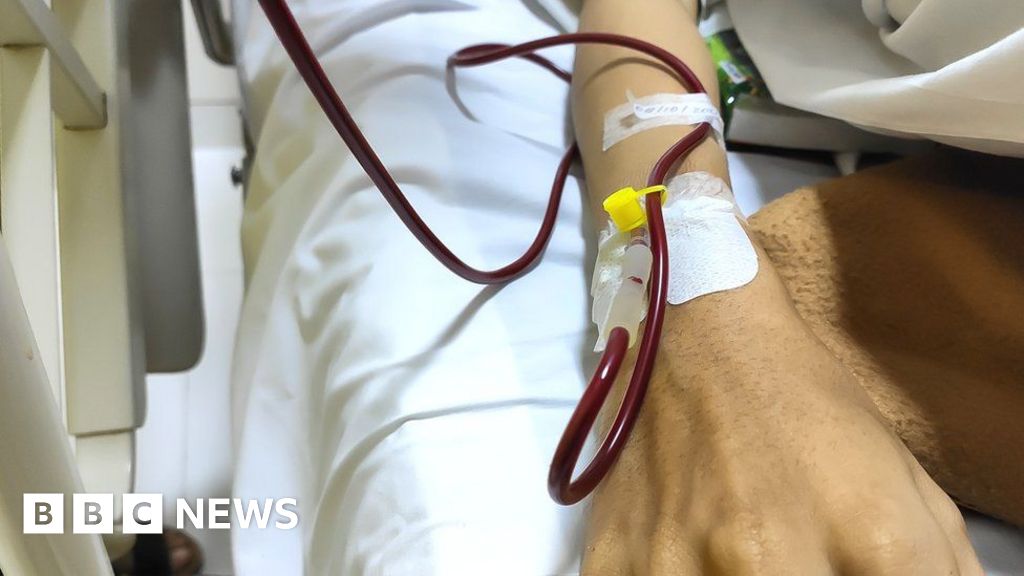World
How did the infected blood scandal affect Scotland?

Scotland was the first part of the UK to commission a public inquiry into infected blood.
It had been a key election pledge of the SNP government when it came to power in 2007, and was carried out by Scottish judge Lord Penrose.
But the Penrose inquiry lacked the full statutory powers to compel witnesses from outside of Scotland to give evidence, and until 1999 health policy had been controlled by Westminster.
In the end, after six years of investigation at a cost of about £12m, the report made just one recommendation – that anybody who had a blood transfusion before 1991 should be screened for hepatitis C.
Its publication in 2015 was condemned as a “whitewash” by many of those affected. Some set fire to copies of it in the street.
Campaigner Bill Wright said the publication of the report had been a disappointment, but added that it had led to “better things” in Scotland.
“We developed a better support scheme than had existed in the rest of the UK and there was a tiny wee light at the end of the tunnel,” he said.
The UK-wide inquiry was announced in 2017 after years of campaigning by victims. Led by former judge Sir Brian Langstaff, it took evidence between 2019 and 2023.





